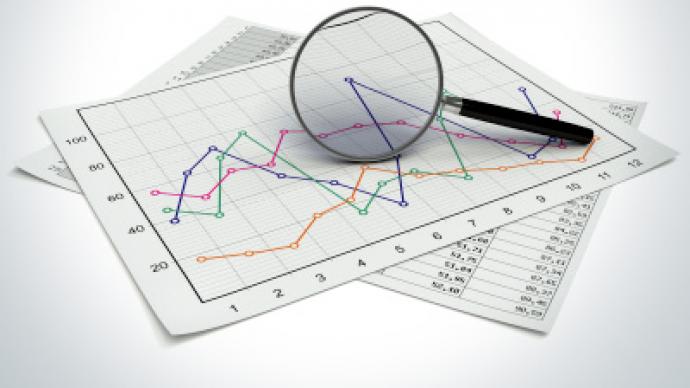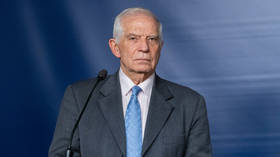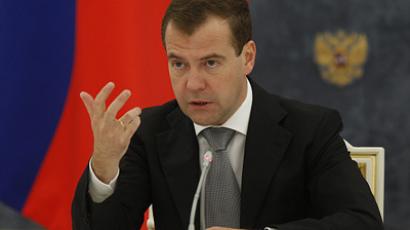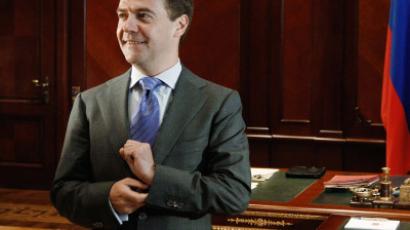Twelve guidelines for budget effeciency

The Budget Message of the Russian President Dmitry Medvedev has outlined 12 key areas of budget policy for 2012-2014 with major attention paid to modernization, boosting economic competitiveness, and long-term development.
"Today I have signed a budget address on policy for the next three years. This document summarizes instructions, which are already being implemented by state bodies and includes an entire array of additional measures, which, in my eyes, are realistic at present. New three-year budget should facilitate the launch of new growth model, reduce risks and support macroeconomic stability. Working from this, it is necessary for us to carry out systemic measures for an entire series of areas, 12 of them."The 12 key areas include reducing the government role in the economy and increasing market self regulation, decentralizing budget policy, increasing taxes on oil and gas companies, and alcohol and tobacco industries, increasing revenue from federal property sales, increasing property taxes, enhancing the impact of government spending, funding all social obligation commitments, reducing budget dependence on oil and gas revenues, integrating budget planning into national strategic development, restricting oil and gas revenues and limiting budget deficits, and improving the pension and compulsory social insurance system.Business RT spoke with Evgeny Nadorshin, Chief Economist at Sistema financial corporationRT: Potentially increasing oil and gas taxation, how significant could that increase be?EN: “I think, we mostly speak about gas taxation, because what’s happening in the oil segment is the division of a tax burden between extraction and refinery – that’s where probably the discussion happens – at least, as I see it currently. And the positions are probably not to increase the burden on the oil industry but to redistribute it in order to make refinery of deep oil products more aggressive and to stimulate oil companies to move downstream,instead of producing other simple oil products. At the same moment Russian Government would like to stimulate oil extraction, that’s why I’m not expecting any increase in raw oil duties, so crude oil won’t be taxed higher, as I see. But gas may be, actually, which has been a long discussion, with Russian authorities having long been trying to approach the issue of increasing tax burden of duties for export gas. And it looks like finally the decision has been made – the increase will be and I expect it to be relatively significant. Look at the profits, and Gazprom profits are impressive.” RT: What kind of a signal does this send to investors? Doesn’t this make Russia even more reliant on oil and gas revenues?EN: “If we speak about gas duties and tax increases, than yes, Russian budget potentially may be even more dependent on oil and gas than before. But at the same moment I hope that there will be a lot of initiatives to redistribute not only tax burden but also all kinds of other extra revenues form different activities, stimulating innovation. This economic growth may bring other sources of income for the federal budget – that’s what I hope for. There are seeds of everything, I would say, seeds of administrative reforms, seeds of changing the budget revenues, its redistribution, seeds of bringing more order within government legislation, the federal contract system and other issues. And they are just to make economic activities of the Government more transparent and better off, I would say. So, all of these seeds may grow and turn into better products, which may result in another increase in Government revenues a bit later – not right now. So, this increase in gas revenues is a relatively fair step, I would say, simply because oil is already taxed relatively severely. I won’t be surprised if there will be further increases in other different raw materials, but I don’t see it a step to further dependence on oil and gas revenues – not in this case.”RT: How much of the economic impact could they actually have from increasing excise on tobacco and alcohol?EN: “I don’t think it’ll bring a lot – a few tens billion roubles, no more. I mean, taking into the account they have already been increasing, there are plans to increase. So, the additional revenue won’t be that significant.”














